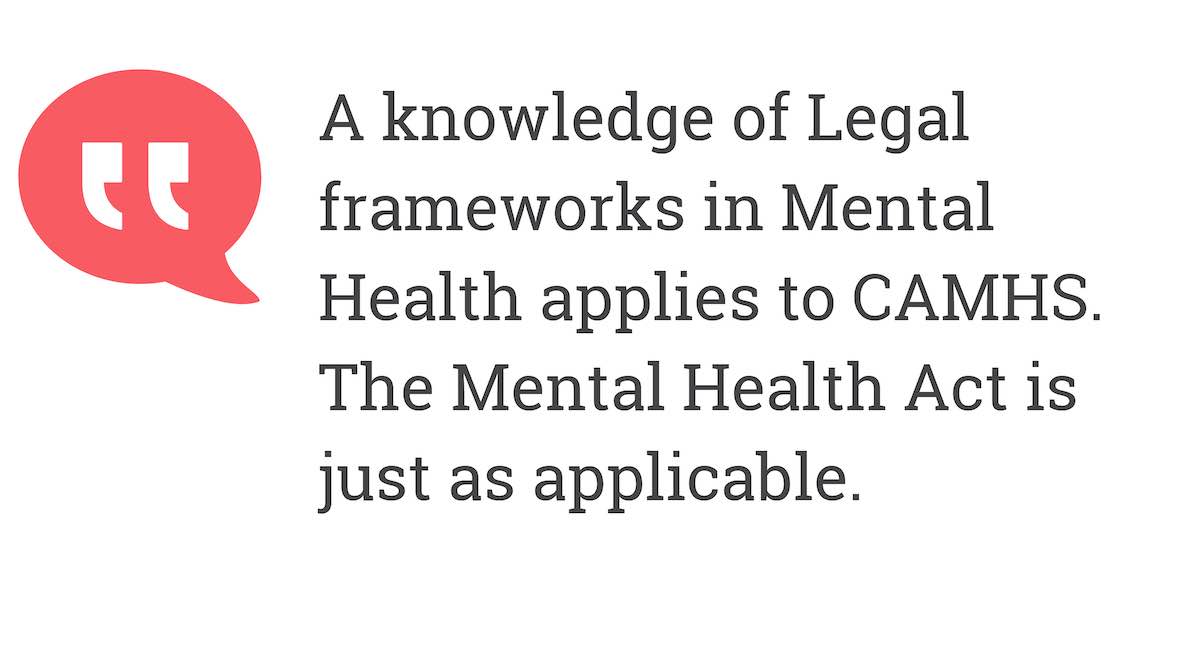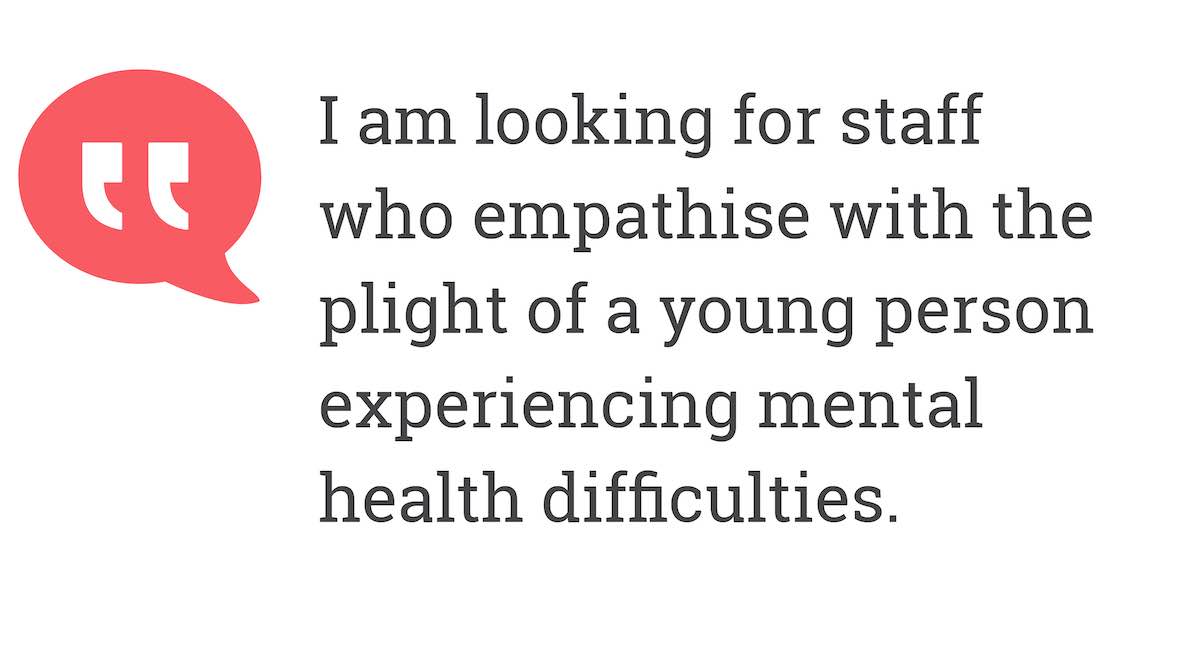- 29 September 2020
- 8 min read
What Do Interviewers Look For In Child And Adolescent Mental Health Services CAMHS Nurses?
Subscribe "To work in CAMHS, a comprehensive knowledge of the Psychiatric disorders and their presentations is key."
"To work in CAMHS, a comprehensive knowledge of the Psychiatric disorders and their presentations is key."Mental Health Nurse, Rachel, examines which extra skills are required in CAMHS Nursing and gives her advice on how to succeed in your next CAMHS Interview.
Topics covered in this article
Working In Child and Adolescent Mental Health Services
Clinical Knowledge & Legal Frameworks
Problem Solving Skill & Risk Assessment
Personality, Behavioural Skills & Attitude
Attending The Interview & Creating Your CV
Working In Child and Adolescent Mental Health Services
During my time as a Manager, I have set up and conducted many interviews for a full range of staff, from Health Care Support workers to Band 6 Mental Health Practitioners.
Working in CAMHS is a highly specialised area of Mental Health.
Sadly, in many Nurse training programmes there is not a great deal of focus on this as a branch in Mental Health.
When nursing in this area, there is a unique set of skills and qualities that are required.
Child development and Attachment processes are key areas of knowledge for staff in this area.
Unlike in Adult Mental Health, due to the chronological age of our patients and their developmental stage, staff in CAMHS have a role of “loco parentis”.
For myself, one of the publications that helped me in developing my skills as a CAMHS Nurse was Angela Sergeant’s handbook for practitioners “Working within child and adolescent mental health inpatient services”.
When creating questions for an interview to recruit staff into our service, I am looking for a number of things.









About this contributor
Ward Manager
I am the Team Lead for the Intensive Community Support Team in North Wales. Our team covers the whole of North Wales and is a Tier 4 service. I have been an RMN for 20yrs and my background is in Inpatient CAMHS. I also have experience of managing GAU’s and HDU’s.
More by this contributorWant to get involved in the discussion?
Log In Subscribe to commentAurora Johnson
Aurora Johnson
4 years agoThank you Rachel! This was super helpful to read - I was just wondering if you would be willing to ... read more
Thank you Rachel! This was super helpful to read - I was just wondering if you would be willing to weigh in on a dilemma I'm having while considering nursing courses! My end goal is to work in CAMHS (albeit likely more with outpatient/community services if possible), and I've interviewed/been offered places on both BSc Mental Health Nursing and MNurs Child & Mental Health courses. In your experience, would an applicant with that latter dual registration and starting experience be an advantage to you when selecting candidates for CAMHS posts over someone holding 'just' a MH Nursing BSc? I've been working in education settings with young people for 4 years now, so I do have some experience with children but these two course options are really tied for me at the moment!
read less
Julia Orege
Julia Orege
4 years agoHi Rachel, your article is enlightening, esp for those of us working with adults in general nursing. I really like ... read more
Hi Rachel, your article is enlightening, esp for those of us working with adults in general nursing. I really like your expertise and interaction with the children and young people. It is great the way that you are helping not only your patient group, but also future colleagues in how to succeed, be knowlegeable and genuine when being interviewed for jobs in your specialist field
read less